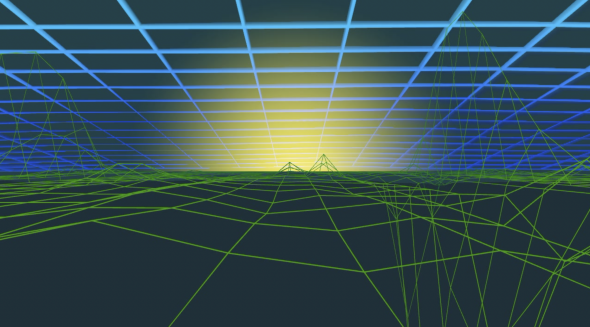Skinjob
Curated by Camille Turner
Skin is the vulnerable outer layer that shapes our humanity. In lieu of claws or other protection, we have dermal ridges, fingerprints. Their original function was to allow us to grip things and climb trees to escape quickly from predators. Now we use them to fashion tools and technology as an extension and reflection of our bodies. As we project ourselves into the world and translate our identities into data, the personal becomes impersonal. This age of computer technology symbolizes not so much a shift but an extension and polarization of global imperialism, clearly defining who participates, and at what level. Computers and technology have become essential tools for inclusion in global communication and economics, yet only a small percentage of the world is plugged in. Indeed, more than half the earth's population has never even made a phone call.
The Skinjob exhibition is a part of Social Software, a series of investigations into the social implications of code in contemporary society and its effects on identity, race, representation, communities, post-colonialism, utopian ideals, social activism and cultural politics. Skinjob, the first event in the series, appropriately begins with skin that defines our embodied boundary. The three artists in Skinjob use technology to decode the rich terrain of the body's covering.
Wayne Dunkley's web/installation project Degradation and Removal is both a public intervention and a private, intimate engagement mediated through technology. Degrading a photograph of his face using a photocopier, Wayne made over 260 photocopies and posted them in the downtown core of Toronto and Montreal. He then returned to photograph them after they had been defaced, and written on. Wayne created a website using these recorded responses interwoven with stories of his day-to-day life. The site stimulates viewers to consider their own responses to the/a black male and invites them to contribute their own stories, which he has incorporated into this ever-expanding site.
Ana Rewakowicz's Uniblow Outfit is an interactive wearable technology that brings attention to the fragility of the human body and examines how fantasy projections and desire strategies used in fashion and advertising influence our ideas of comfort and discomfort. The Uniblow Outfit is a suit made from rubber latex that inflates as viewers wearing it walk around the gallery.
Jason Salavon's work is about identity in the digital realm that is translated into simple binary code. The eerie images he produces combine various identities, resulting in an image that is at once everybody and nobody. Salavon's Class of Series consists of two pairs of digital photographs: The Class of 1967 and The Class of 1988. The Class of 1967 was Salavon's mother's graduation class; The Class of 1988 was his own. He scanned senior class photos from his mother's yearbook as well as his own then mathematically averaged them to produce the final prints, providing the viewer with a reorganized data set of the "average" male and female in each graduation class. The intriguing result shows the demographic shift that took place in Dallas/Fort Worth from 1967 to 1988.

Past exhibition
Jul 17 - 20, 2025
VF25 | random access memories―Jackie Liu, Julien Balbontin, Kahani Ploessl, May Yu, Yixuan Shan
The Vector Festival Game Art Residency, curated by Bracy Appeikumoh, supports gamemakers in their development of conceptual video games, investigating video games as time capsules, time machines, and methods of contemporary memory-making.
More

Past exhibition
May 21 - 24, 2025
Magpie Online― Christina Dovolis
Magpie Online is a docu-installation that explores how virtual worldbuilding reshapes identity and connection.
More

Past exhibition
May 1 - 17, 2025
flashDRIVE: Digital Arts Fundraiser Exhibition
Celebrate the opening of InterAccess's new programming space with a survey exhibition of Toronto’s current digital arts scene.